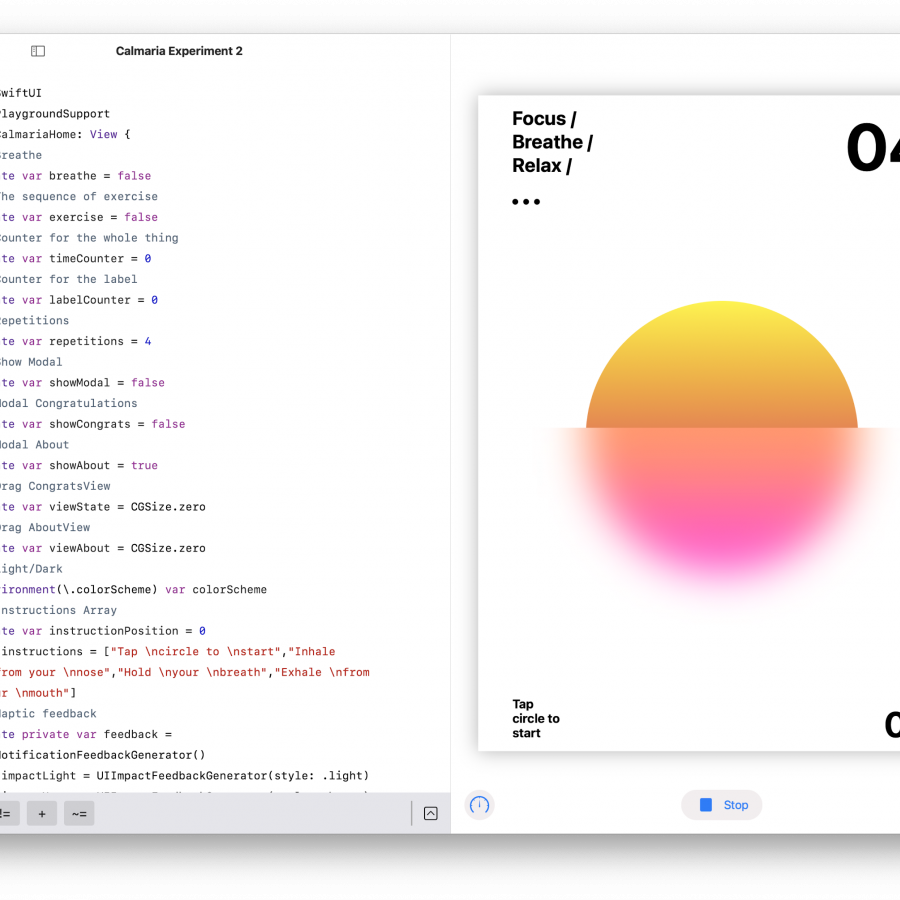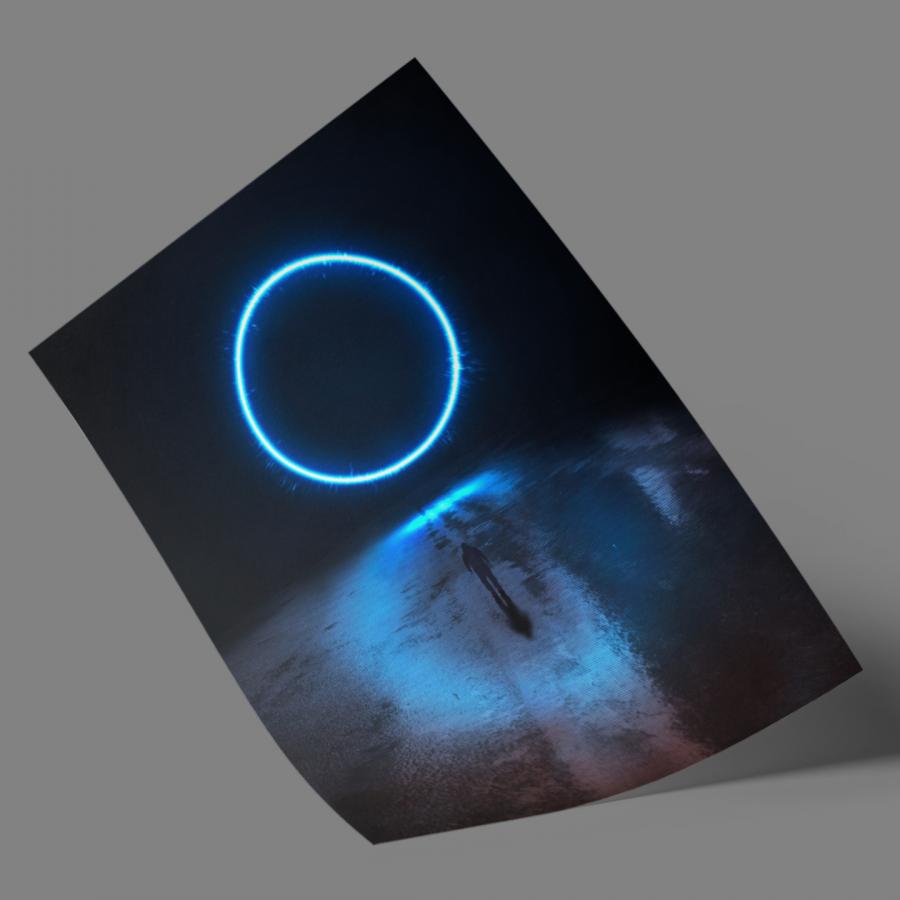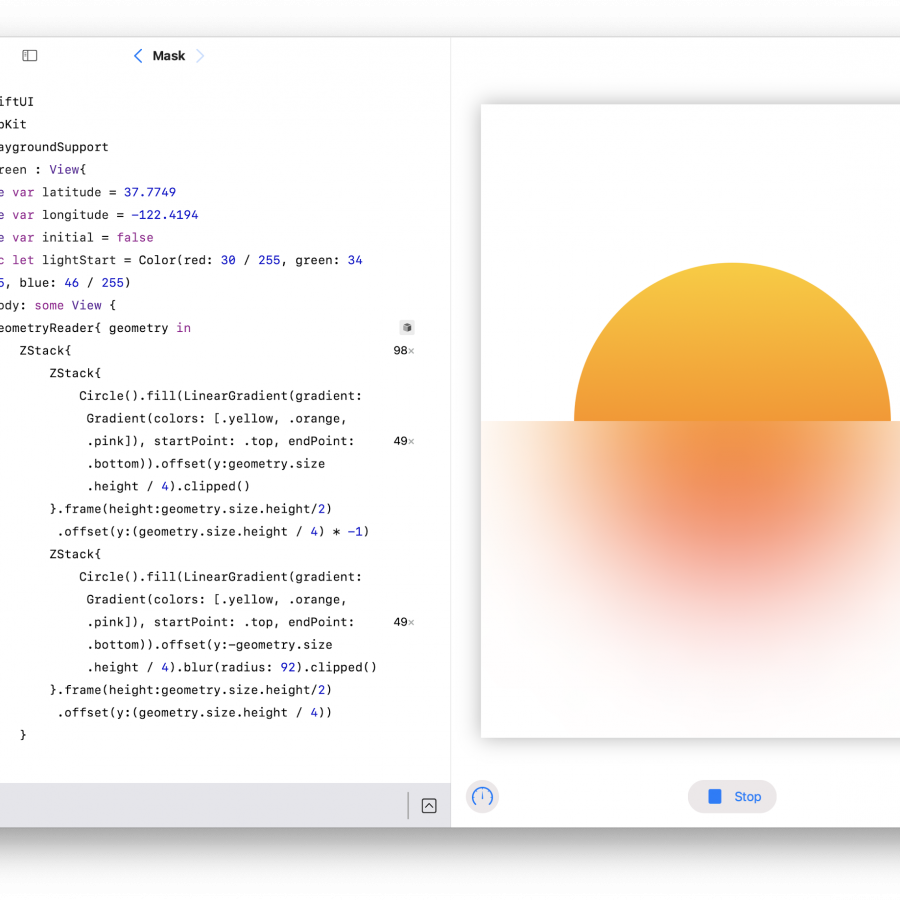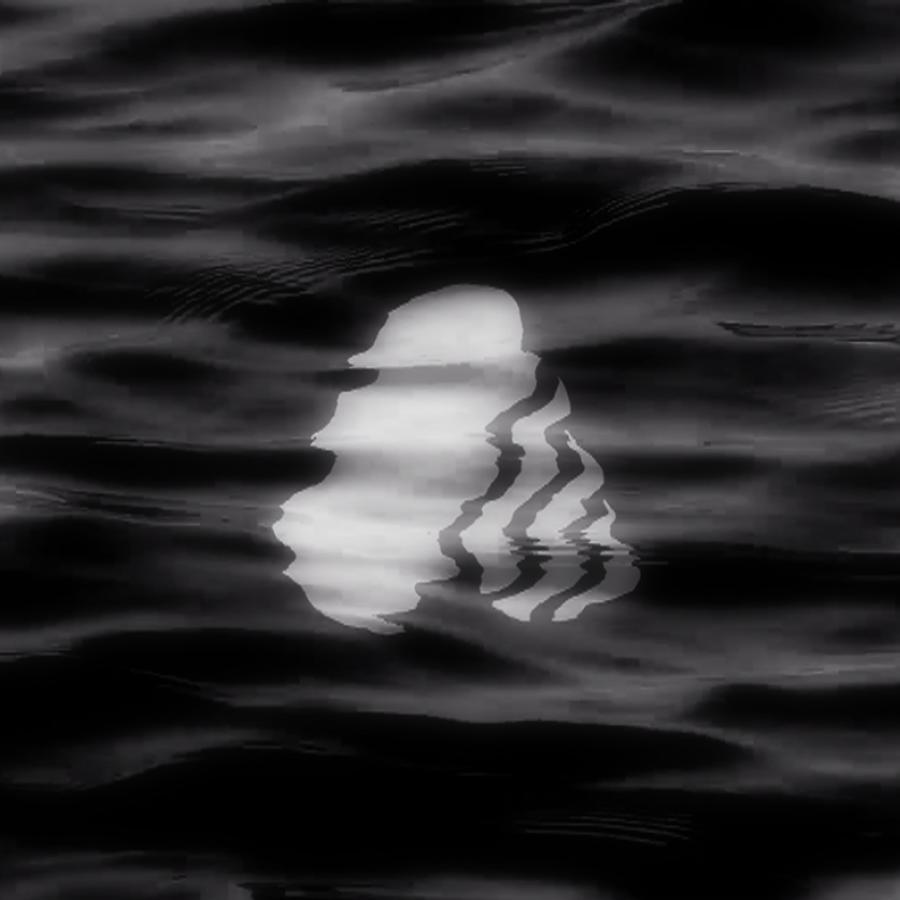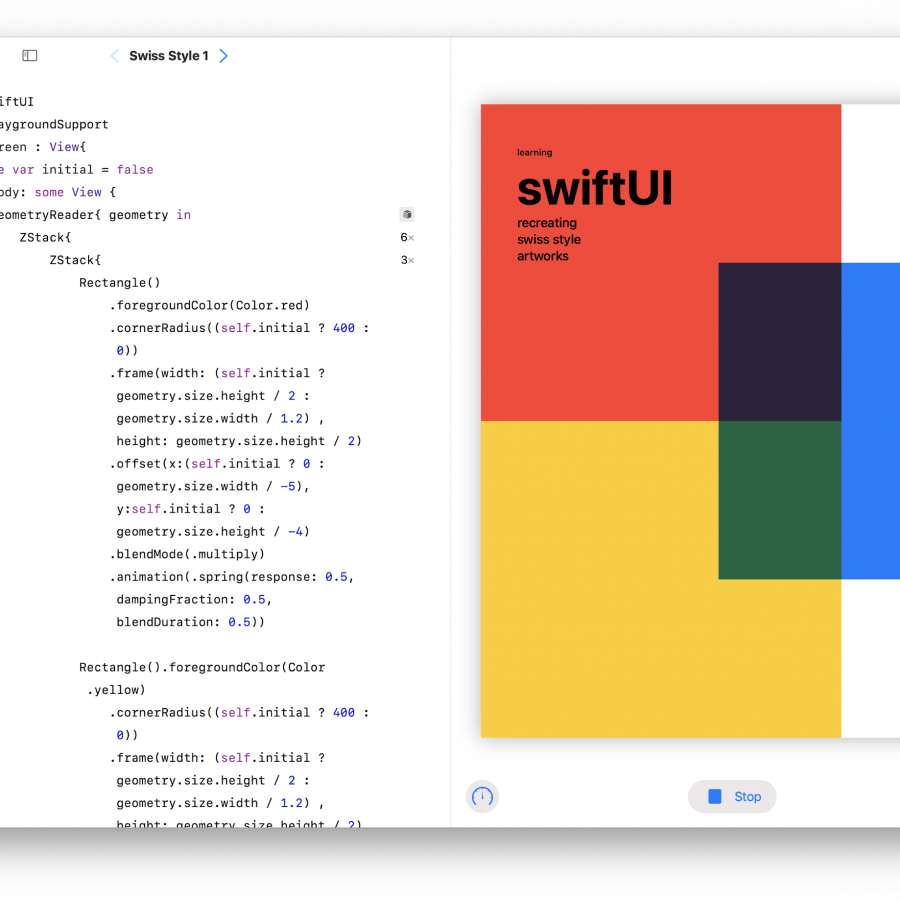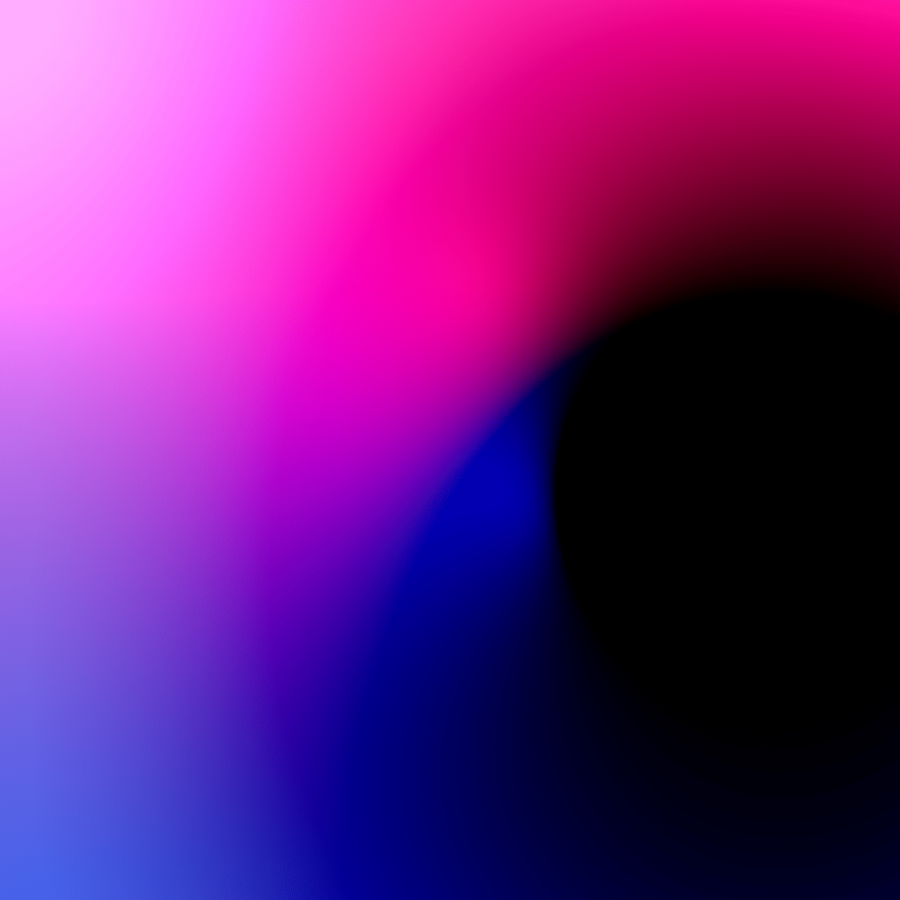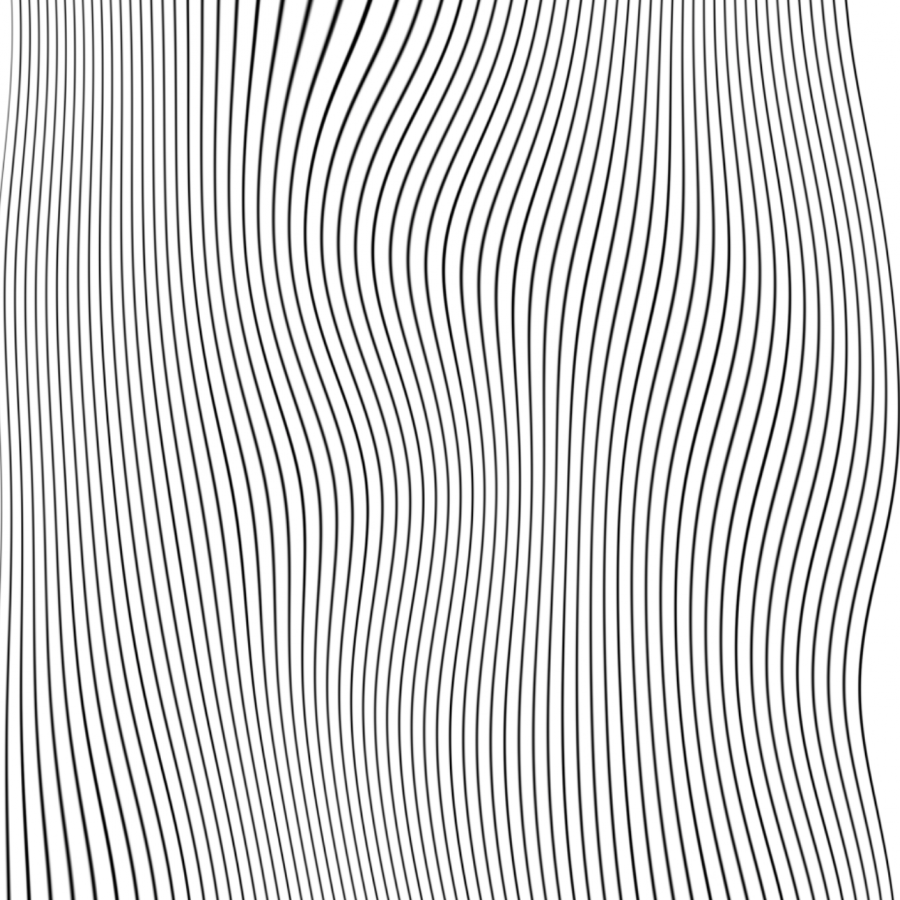by abduzeedo
A few weeks ago I published a tutorial called Girl in Tempo. I used the new version of Pixelmator that had the codename Tempo. The result was really nice and I got a very positive feedback, and, also some emails asking me to do that tutorial in Adobe Photoshop. So yesterday I took a couple of hours to create the Photoshop version of my flying girl.
In this tutorial we will use some stock photos and mix them together to create a nice effect. It was inspired by a chapter of the depthCORE collective called NOIR.
Step 1
Create a new document in Photoshop, as usual I used 1920x1200 pixels. Then select the background layer and add a layer style, go to Layer>Layer Style>Gradient Overlay. Use Radial for the Style, and Scale 62%. You will have to position the gradient later on as well, but try to move it a bit to the left, use the image below for reference.

Step 2
Here I used a photo from iStockphoto, http://www.istockphoto.com/file_closeup.php?id=6178363. You can use any photo. Just extract the girl from the background and place it in the center. Try to position her right hand in the center of the gradient.

Step 3
Duplicate the girl's layer and hide one. Select the visible layer and go to Image>Adjustments>Hue/Saturation. Reduce the Saturation to -100. You will have a grayscale photo.

Step 4
Duplicate the hidden layer with the color girl layer. This layer has to be in front of the grayscale layer. Change the Blend Mode to Color Dodge and go to Filter>Blur>Motion Blur. Use 90º Angle and 100 pixels for the Distance.

Step 5
Duplicate again the color copy of the girl layer. Then move it to the top of the others and change the Blend Mode to Overlay. After that go to Filter>Blur>Gaussian Blur. Use 7 pixels for the Radius.

Step 6
Select the color girl layer, the one that is behind the others and just add a Gaussian Blur, use 40 pixels for the Radius and change the Blend Mode to Color Dodge. As this layer will be behind the others it will create a nice outer glow when we start adding lights and other effects.
Select the 4 layers we created for the girl and group them. Rename the folder to "girl".

Step 7
Select the Gradient Tool (G) and then go to the Gradient Editor. Just click on the gradient colors. Change the Type to Noise, Roughness to 100% and for the Options select Restrict Colors and Add Transparency.

Step 8
Create a new layer on top of the others and with the Gradient Tool and the gradient you have just created, select the Angle Gradient Style. Then just starting for the girl's right hand fill the layer with the gradient. You will get an effect like the image below.

Step 9
Go to Image>Adjustments>Desaturate. Then go to Filter>Blur>Gaussian Blur. Use 4.5 pixels for the Radius. Change the Blend Mode to Color Dodge and go to Image>Adjustments>Levels. Increase the white so the rays are brighter. Also with the Eraser Too (E)l, or mask. Delete some areas of the layer, leave just the area close to the hand and the background's gradient.

Step 10
Create a new Folder and rename it to Light, this folder has to be on top of the others. Change the folder's Blend Mode to Color Dodge. Inside this folder create a new layer and with the Brush Tool(B), use a basic round brush, very soft (0% hardness), and white color. Paint the area in the girls hand. You will get a nice light effect.

Step 11
Now lets add some lights behind the girl. Create a new layer and with the Brush Tool (B) change the opacity to 5%. Using a soft brush with white, paint a very subtle area behind the girl.

Step 12
Now select a blue color and with a bigger brush, create a new layer and paint a blue light coming from the top.

Step 13
Here let's use another photo, you can download it at http://www.sensitivelight.com/coloured_smoke0D0T9227.jpg. Just place it in the document. Resize and rotate it the way you want and change the Blend Mode to Color Dodge. Use the image below for reference.

Step 14
Let's do the same thing with another photo, this time a photo of some clouds I took sometime ago, you can download it at http://flickr.com/photos/azeected/2917610951/. The first thing to do is go to Image>Adjustments>Desaturate. Then go to Image>Adjustments>Levels. Increase the blacks until you get a full black background. Then change the Blend Mode of the photo to Screen. What was black becomes transparent and we're good to go ;)

Step 15
Here you just duplicate the cloud's layer and create more instances of that. Resize and rotate them so you can get better results. Also, place one cloud behind the girl to give some depth to the image.

Step 16
Once again, let's use a photo to create the stars, you can download it here. You can create them using the Noise, but as there are so many excellent photos of that subject on the internet that sometimes it's not worth spend time creating something from scratch, at least in my humble opinion. Place the photo in the document and change the Blend Mode to Color Dodge.

Step 17
Repeat the Step 8 and 9 to create another Angle Gradient. This time start from the the girls right foot. Then with the Eraser Tool or Mask, delete almost all layer, leave just the top part over the blue light. That will work like some rays of light coming from the top. Also if you want to make the lights brighter just duplicate the layer. I duplicated 2 times, so there are 3 layers for that light.

Step 18
Here I used a image I created in Cinema 4D that is like an explosion full of particles, you can download it here. Place the image and then go to Filter>Blur>Radial Blur. The most difficult thing here is find the right position for the Blur Center because the idea is that the center is the girls hand with that shine light. I recommend you to convert the layer to Smart Objects so you will be able to edit the blur anytime until you find the right place. Use 10 for the Amount, Zoom for the Blur Method, and Best for the Quality.

Conclusion
You can add a layer on top of the others with a bit of noise just to give to the image a bit of realist feeling. The process is quite similar to the Pixelmator version, of course each tool has some pros and cons, but the best thing is that the idea of the filters and blend modes are the same. Actually all these types of tools share the same sort of base so if you know one it's pretty easy to learn and use another. That's why I say that the tool is the least important part of the design process.

Click here the see the Full Preview.
